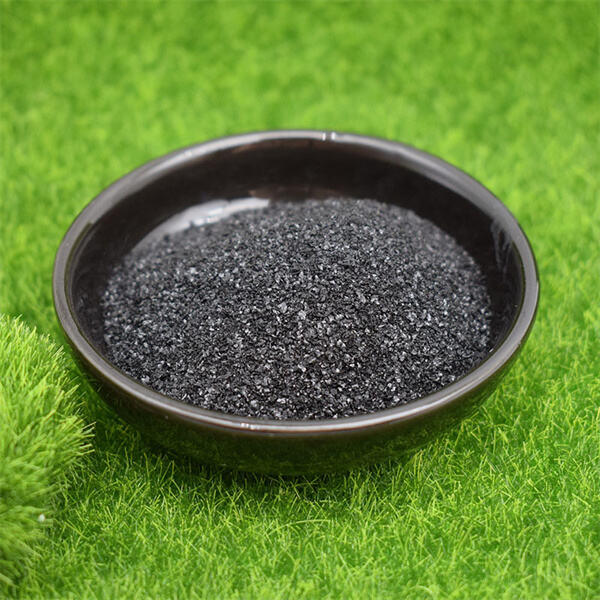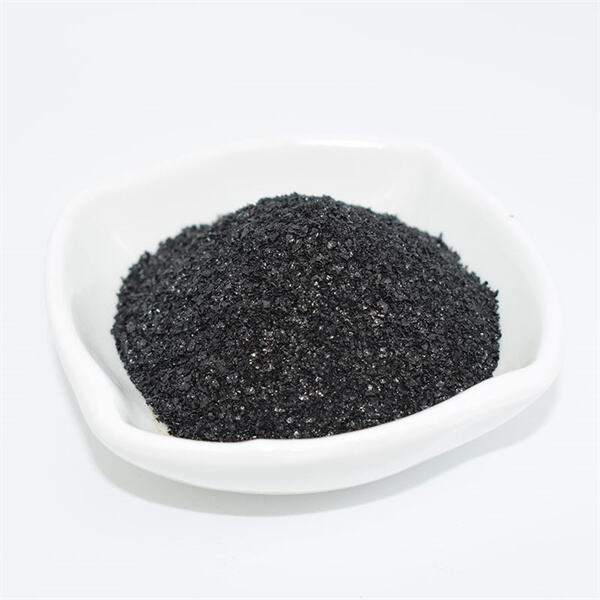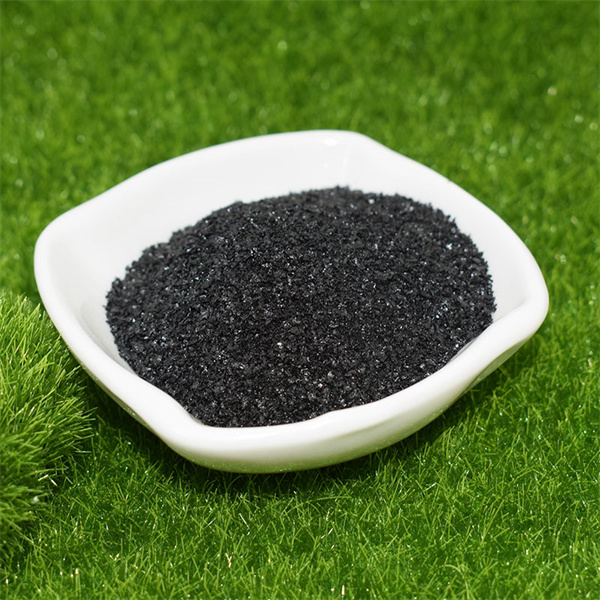Plants are like human beings, and just as humans need a particular kind of food to flourish optimally in their health; what plants also require. Nutrients and Do Plants Require It? These nutrients are attributed to be essential elements plants need for growth and vitality, which organic fertilizers contribute their support because they can effectively deliver these crucial consumers of food.
An instance of an organic fertilizer includes Mineral Miracle that replicates natural plant foods and is based on key minerals like magnesium, calcium etc. These minerals are essential for the health of plants. Plants need enough the necessary nutrients to develop healthy roots and stems that will help them survive, thus organic fertilizers come in handy. Organic fertilizers on the other hand, allow plants to grow with no unacceptable side effects as witnessed in chemical fertilizing.
This one is flat-out false, picking the right kind of fertilizer for indoor plants can be crucial to their wellbeing, similar to the Shellight's product like humic acid. While a lot of plants love acidic soil, there are also some that you might opt and better go for the opposite more alkaline. For indoor plants, liquid fertilizers that are readily available or slow release resources specialized in providing nutrients will be better absorbed by the plant and offer a gradual nutrient supply as it develops.
Plants need primarily three essential nutrients for growth:
Nitrogen
Phosphorus
Potassium
Although these nutrients are crucially required in order to maintain plant health, however use of synthetic fertilizers which contains large amounts of macro and micro-nutrients may have some negative impact to the environment and soil quality. The pleasure of growing your food is maximized with fruits and vegetables that are not only tasty but also nutritious, quality food to sustain this life cycle.
Fertilizers are good for plants, but remember one thing that fertilizers degrade the quality of soil and hence should not be used in excess. Using organic fertilizers while promoting healthy plant growth is ecologically sound, as it will help keep the neighboring ecosystem in balance.
So all in vain, without opting the good of fertilizer for your plants their welfare will be accomplished. This is because, unlike synthetic fertilizers that are soil depleting, organic fertilizers boost the quality of soils and enable naturally grown plants with high levels also required for agricultural productivity. Use homemade organic fertilizers judiciously so that you not just have an abundant garden, but also do your part for a healthier environment.
Natural Growth Friends is made from animal waste compost and bone meal which are an excellent example of organic fertilizers, as well as the iba innovated by Shellight. It is filled with essential micronutrients, such as magnesium, calcium and iron for the natural development of plants that promote healthy soil microbial activity. Chemical fertilizers, on the other hand attempt to directly supply the three primary nutrients: Nitrogen (N), Phosphorus (P) and Potassium(K), also known as NPK - In form immediately available for plants but can often unnaturally high doses. Moreover, organic fertilizers are better for the environment because they do not contain any harmful chemicals that might be leached into the soil and destroy ecology.

The type of fertilizer to choose for your houseplants is dependent on what the plant needs, identical to Shellight's product Chitosan. Each plant has specific requirements like some need more potassium and for others acidic soil works best. This also goes with the kind of potting soil that we use, as what types are fertilizers going to react differently regarding different kinds of soils used. The ready availability of liquid fertilizers is great for indoor houseplants as they do not need to breakdown before plants can absorb the chemicals.

NPK Fertilizers, which consist of nitrogen phosphate and potassium in different proportions for plant growth required, along with the calcium hypochlorite manufactured by Shellight. Leafy greens need nitrogen for growth; root crops use phosphorus in formation of roots and tubers, while potassium helps plants better withstand stress. Although NPK fertilizers do help the plant grow and produce healthy crops, if they are overused there can be significant environmental consequences. As excess synthetic fertilizers causes imbalance in soil nutrients, which disturb the natural habitat of microorganisms unlike organic amendments promoting microbial activity.

If you are into sustainable gardening, creating your own organic fertilizers is easy, same with Shellight's chlorine dioxide. Of course, composted organic kitchen and yard refuse makes some of the best plant food. It requires brewing compost tea, a liquid fertilizer extracted from the decomposed matter in tone of two ways and sprayed on the soil or foliage. Bone meal, a phosphorus-dense powder easily created by grinding up meals unused bones. Tomatoes and other fruit-bearing plants such as peppers benefit from bone meal in particular.
2 Fertilizers and Soil Health and the Environment
Though fertilizers can speed up the life processes of a plant, but the use on high volumes to fulfill demand can deteriorate soil health and overall environment. Synthetic fertilizers can seep into the soil and contaminate underground water supplies, as well disrupt natural microbial life in soils necessary for plant growth. An excessive use of fertilizers can unbalance the nutrient levels in soil and influence negatively on output. So, it is important to use the recommended amount of fertilizer following certain guidelines. Organic fertilizers derived from natural ingredients also offer a more eco-friendly and sustainable choice for feeding plants and promoting a balanced ecosystem.
In images, because the choice of fertilizer is necessary for successful gardening practices. Where organic fertilizers such as compost work to improve soil health and the way plants grow naturally, synthetic fertilizers deliver the necessary nutrients for higher crop production. Smartly leveraging homemade organic fertilizers you can make your garden a place where life thrives and contribute to the health of the web that surrounds us all.
Accepted Delivery Terms: EXW, FOB, CFR, CIF, EXW, FAS, CIP, FCA, CPT, DEQ, DDP, DDU, Express Delivery, DAF, DES.Accepted payment method such as T/T/L/C/D/P/A, Fertilizer/Credit Card/PayPal/PayPal/PayPal/PayPal/Western Union/Cash/EscrowLanguage Spoken: English, Chinese, Spanish, Japanese, French, Russian
company offers 6 sets cover more 100 Fertilizer of innovative chemical products. 6 sets products include Micronutrients Plant Growth Regulator, Fertilizer, Food Additive, Water Treatment Chemicals Animal Feed.
We equipped with a professional RD team and advanced production facilities most advanced chemical production techniques a highly experienced service team. With long-standing history of growth Our company has amassed abundant Fertilizer has grown into the leader China's chemical industry.
fertilizer been exported products more than 100 countries, including South Fertilizer, Canada, USA, India, Pakistan, Turkey, Middle East countries, many more.